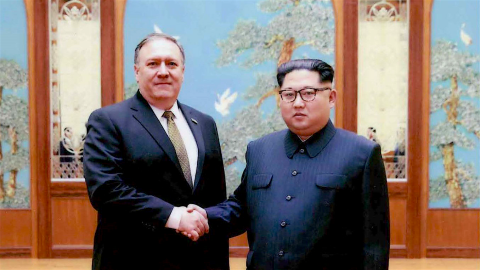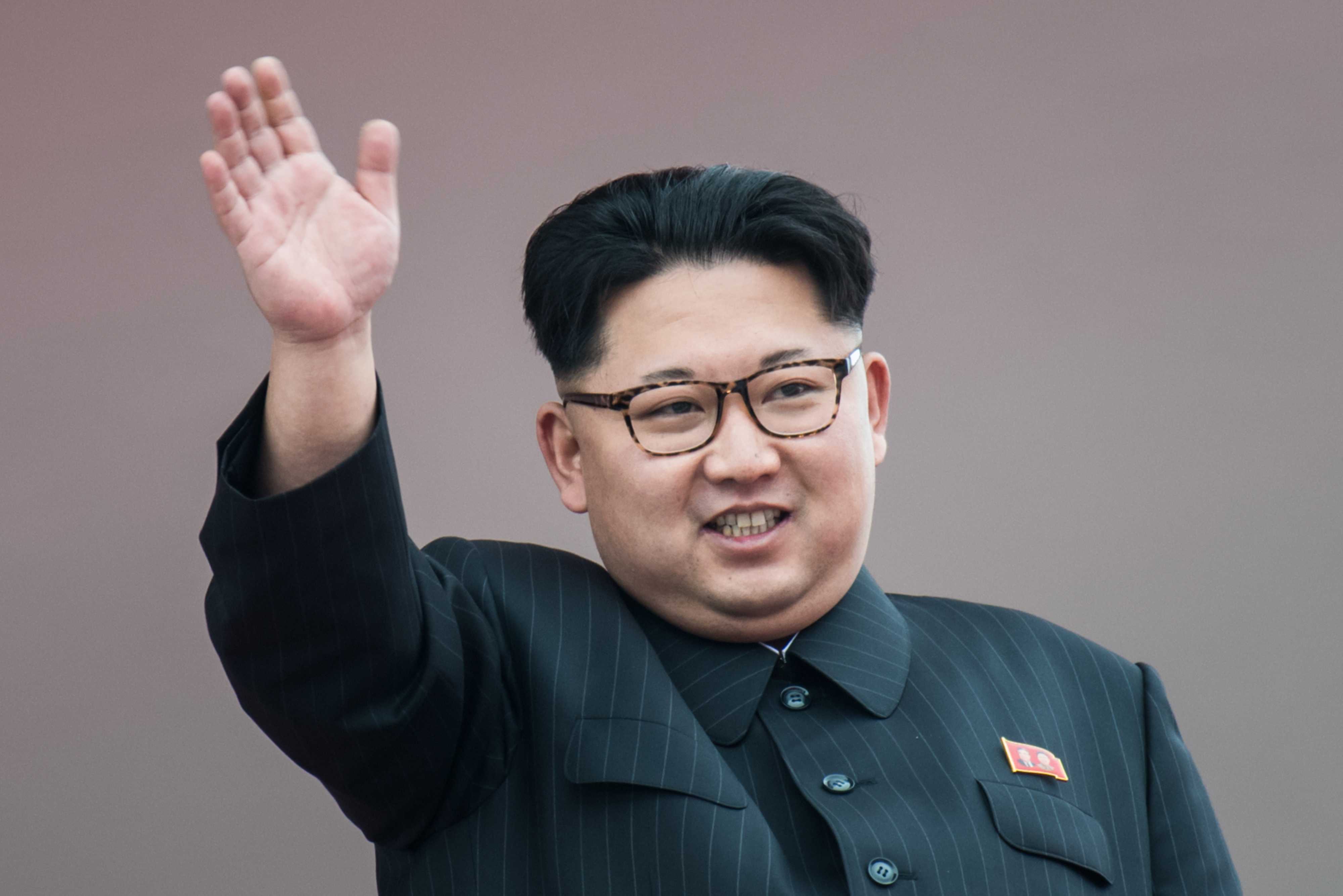What the U.S. promises North Korea for giving up its nuclear weapons

As the summit between President Trump and the North Korean leader Kim Jong Un on June 12th in Singapore draws closer, the administration released some details into what it is offering to the Communist regime in exchange for denuclearizing.
Secretary of State Mike Pompeo told a news conference that the U.S. is prepared to substantially help North Korea economically if it gets rid of its nuclear weapons program and stockpile. The joint press event followed a meeting with the South Korean Foreign Minister Kang Kyung-wha in Washington.
“If North Korea takes bold action to quickly denuclearize, the United States is prepared to work with North Korea to achieve prosperity on the par with our South Korean friends,” said Pompeo.
He stressed the special relationship and track record of support the U.S. has with Korean people, promising the North Korean people “a future brimming with peace and prosperity” if its leadership “chooses the right path.”
Of course, what that right path is varies according to interpretation and there are indications that North Korea and the U.S. are far apart on some issues, with the U.S. insisting on a “robust verification program” that assures the regime carries out the agreement. For its part, North Korea wants the lifting of sanctions and for the U.S. to withdraw the 28,500 troops it has stationed in South Korea. The U.S and its ally see that last demand as somewhat of a non-starter.
Despite such differences, Pompeo insisted that the two sides are in “complete agreement about what the ultimate objectives are.”
“We had good conversations, substantive conversations,” shared Pompeo. “Conversations that involved deep complex problems, challenges; the strategic decision that Chairman Kim has before him about how it is he wishes to proceed and if he is prepared, in exchange for the assurances we are ready to provide to him, if he is prepared to fully denuclearize.”
In an interview with Vox, an expert outlined the White House’s overall vision of how the denuclearization deal could be structured:
“North Korea agrees in a certain time table to give up nukes and inspectors go in,” told the person who requested anonymity to Alex Ward of Vox. “Inspectors quantify and log North Korea’s capabilities. They get a reward for it and maybe some sanctions come off. Then, North Korea gets rid of some nukes. Pyongyang gets a reward. Then, North Korea takes down their nuclear reactors. They get another reward. And on and on.”
What the details of the ultimate deal will be remains to be seen. As Vox reported, this wouldn’t be the first time a deal between the U.S. and North Korea was attempted, with such efforts going on since 1985. They always tend to fall apart, with both sides breaking commitments like North Korea did on a denuclearization deal in 2009.
North Korea has taken some recent steps to indicate its willingness to denuclearize, detailing plans to dismantle its nuclear test site in May.





